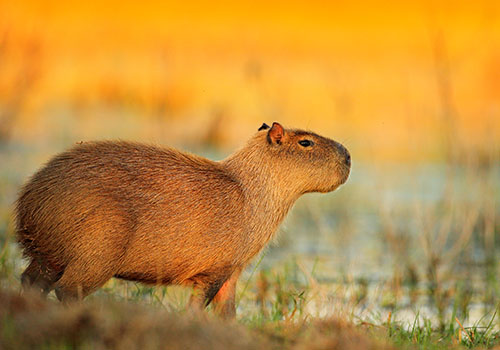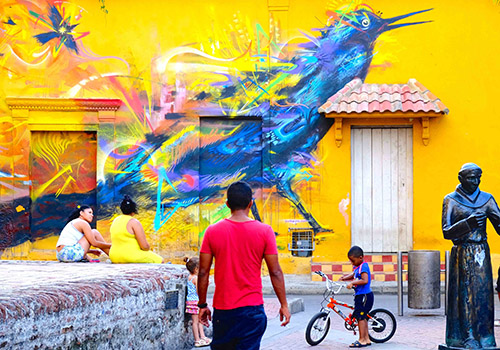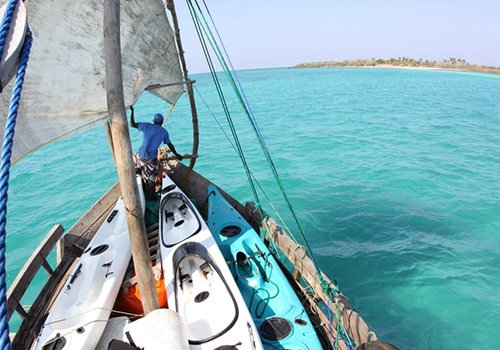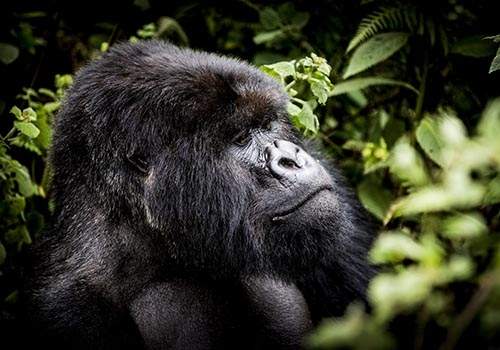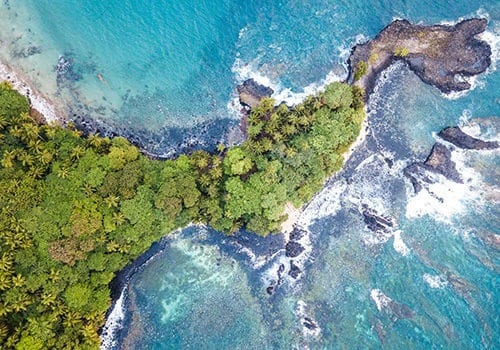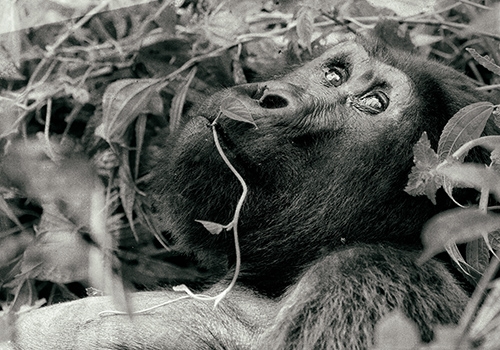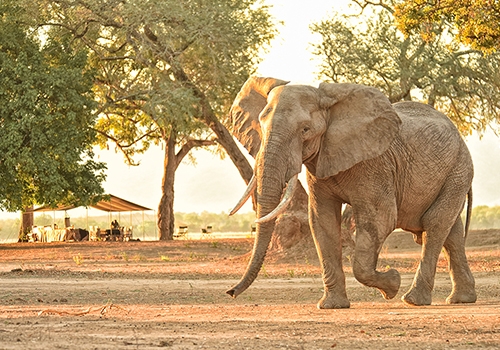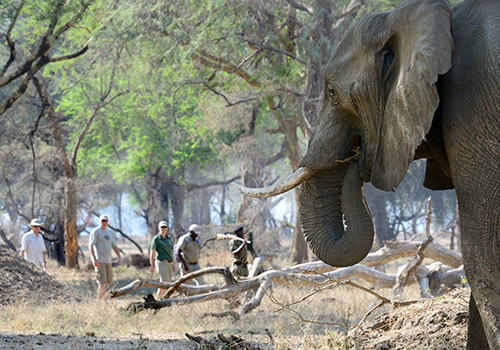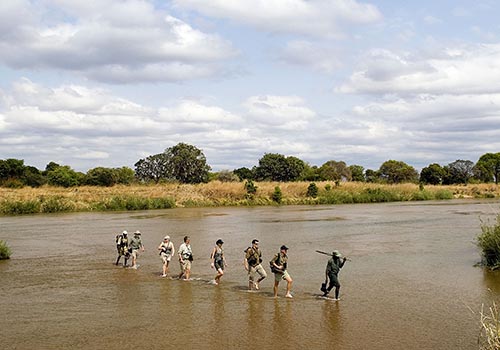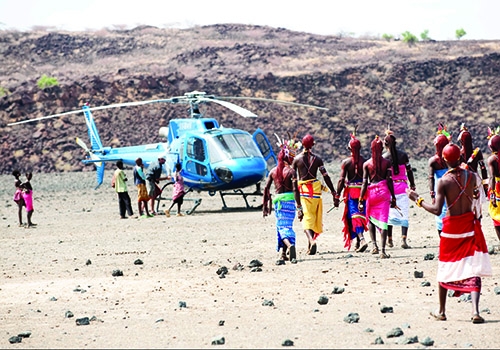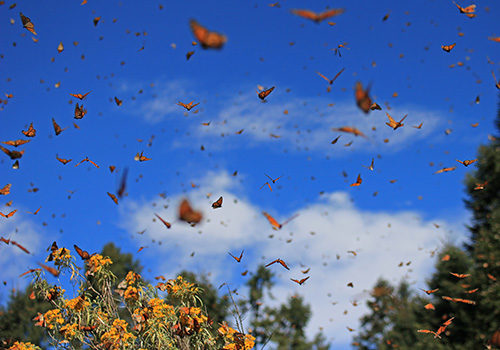The following information has been obtained from the Australian Department of Foreign Affairs and Trade (DFAT) Smartraveller website. However, as every country decides who can enter or leave through its borders, and entry and exit requirements can change at short notice, we recommend you reconfirm all requirements before you depart.
TO ENTER
If you’re entering Kenya you must carry evidence of a negative COVID-19 test taken within 96 hours of your flights departure that can be verified digitally through the Trusted Travel Initiative. If you’re coming from a country not yet party to the Trusted Travel Initiative you must use a tool made available through the Global Haven partnership for COVID-19 test results and vaccine certificates verification.
Some countries, currently including Australia, are exempt from the requirement to quarantine, but this can change at short notice. See Kenya Civil Aviation Authority website for the list of exempt countries.
You’ll need to complete an online health surveillance form prior to arriving in Kenya, and show the QR codes to health officials before the immigration desk. Keep up to date with entry requirements.
You don’t need a negative COVID-19 test to board domestic flights in Kenya. All passengers travelling into and out of Kenya’s domestic airports and ports must fill out an online Local Travellers Health Surveillance Form.
TO DEPART
If you’re departing Kenya for a country requiring a negative COVID-19 test as a condition of entry, or transiting through a country that requires travellers to have a negative COVID-19 test, you must have a negative COVID-19 test (PCR) verified through the Trusted Travel Initiative. You will not be allowed to depart Kenya if your certificate has not been verified. Approved COVID-19 PCR testing laboratories in Kenya are party to the Trusted Travel Initiative.
If you’re traveling out of Kenya, you’ll be required to abide by the health requirements of the destination country and any transit countries.
STAYING IN COUNTRY
Adhere to the advice of local authorities, including measures to prevent the spread of COVID-19.
Across Kenya, you must wear a face mask when in public areas, including within private and public vehicles. Public places, tourism and hospitality establishments must comply with public health protocols, including 1.5 metre social distancing and adhering to curfew. Bars are only permitted to operate until 11pm. All passengers in public and private vehicles must wear masks.
VISAS
You need a visa to travel to Kenya. Kenyan entry visas are now exclusively issued electronically, with passengers required to obtain their e-visas before arrival. You can apply for single entry and transit visas on the e-visas website.
YELLOW FEVER VACCINATION
You’ll need a valid yellow fever vaccination certificate to enter Kenya. Some airlines may want to see yours before allowing you to board your flight to Kenya. Find out about returning to Australia after exposure to yellow fever.

Additional useful links:
The Kenyan High Commission for the most up to date information on visas, currency, customs and quarantine rules.
Kenyan Airports and the Corona Virus: Kenya Airports Authority
Countries with a risk of Yellow Fever
COVID-19 Travel Regulations Map











